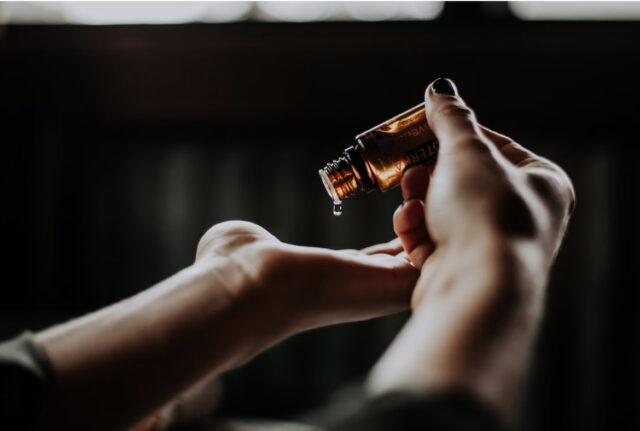In the spotlight of popular culture, the definition of beauty often takes a cue from celebrities. This phenomenon is far from new, but the tale of Jack Johnson, a UK man who spent £20,000 to emulate David Beckham’s looks, brings a unique perspective. While his journey may seem extreme, it reveals the multifaceted relationship between the beauty industry, celebrity culture, and individual aesthetic aspirations.
An Unconventional Journey: Jack Johnson’s Transformation
Jack Johnson, entranced by David Beckham’s distinctive look, underwent a series of procedures, amassing a total cost of around £20,000. His journey involved numerous Botox injections, lip fillers, and teeth veneers to mimic Beckham’s features. Despite ending up in substantial debt and grappling with additional mental health challenges, Johnson’s story symbolises the lengths some individuals are willing to go to in pursuit of their ideal selves.
Through the Celebrity Lens: Aspirational Beauty
Johnson’s pursuit provides a vivid illustration of how celebrity culture can influence personal definitions of beauty. With the rise of social media platforms, public figures’ aesthetics have become more accessible and influential than ever, shaping the way people perceive and pursue beauty.
In this digitally connected era, celebrities not only influence fashion trends but have a significant impact on the beauty standards that society upholds. The allure of celebrity culture often lies in the promise of a glamorous lifestyle, which often extends to physical attractiveness, leading many to aspire to emulate their style, demeanour, and even their looks.
In a sense, Johnson’s journey reflects the aspirational nature of beauty and the desire to embody admired qualities seen in others. His efforts to replicate Beckham’s physical attributes depict an intriguing facet of human behaviour where admiration borders on emulation, driven by the desire to associate with the perceived success and charisma of celebrities.
However, this raises critical questions about the role of celebrity culture in shaping beauty norms and how it can sometimes lead to unrealistic expectations. It’s a delicate balance, underscoring the need for responsible representation and a broader definition of beauty that emphasises individuality and self-acceptance over conformity.
The Beauty Industry: A Platform for Self-Expression and Transformation
The beauty industry, with its vast range of services and products, offers avenues for self-expression and personal transformation. The case of Johnson showcases how the industry can facilitate radical change in a person’s appearance, underscoring the power and potential of cosmetic procedures. You can almost pay to have any part of your body altered, whether it’s toe-lengthening surgery or penis fillers – what are penile fillers? Follow that link to find out. Or, follow this one to find out what toe-lengthening is.
With these possibilities, however, comes the responsibility of promoting a balanced perspective on beauty and the importance of individuality.
Embracing Diversity and Individuality in Beauty
Johnson’s story underscores the value of embracing diverse beauty standards and the importance of individuality. His pursuit of resembling Beckham reveals a strong desire to identify with qualities he admired, pointing to the subjective and personal nature of beauty. The beauty industry, in this light, can serve as a platform to celebrate diversity and provide tools for self-expression while also fostering a healthy dialogue about the potential implications of radical aesthetic changes.
Jack Johnson’s journey to emulate David Beckham sheds light on the dynamic relationship between the beauty industry, celebrity culture, and individual beauty ideals. While his story is certainly unique, it carries universal themes of aspiration, self-expression, and the human desire for transformation. As we navigate the landscape of modern beauty, it is crucial to promote diverse beauty standards, encourage responsible practices, and always underscore the importance of individuality.




